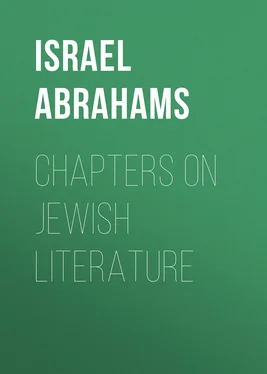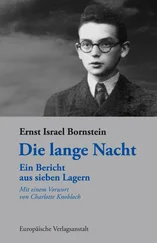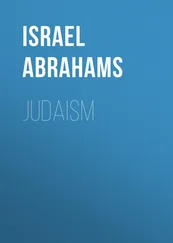Such fables are used in the Talmud to point religious or even political morals, very much as the parables were. The fable, however, took a lower flight than the parable, and its moral was based on expediency, rather than on the highest ethical ideals. The importance of the Talmudic fables is historical more than literary or religious. Hebrew fables supply one of the links connecting the popular literature of the East with that of the West. But they hardly belong in the true sense to Jewish literature. Parables, on the other hand, were an essential and characteristic branch of that literature.
BIBLIOGRAPHY
Midrash.
Schiller-Szinessy.— Encycl. Brit. , Vol. XVI, p. 285.
Graetz.—II, p. 328 [331] seq.
Steinschneider.— Jewish Literature , pp. 5 seq. , 36 seq.
L.N. Dembitz.— Jewish Services in Synagogue and Home (Jewish Publication Society of America, 1898), p. 44.
Fables.
J. Jacobs.— The Fables of Æsop (London, 1889), I, p. 110 seq.
Read also Schechter, Studies in Judaism , p. 272 [331]; and J.Q.R. , (Kohler), V, p. 399; VII, p. 581; (Bacher) IV, p. 406; (Davis) VIII, p. 529; (Abrahams) I, p. 216; II, p. 172; Chenery, Legends from the Midrash ( Miscellany of the Society of Hebrew Literature , Vol. II).
CHAPTER V
THE LETTERS OF THE GAONIM
Representative Gaonim: Achai, Amram, Zemach, Saadiah, Sherira, Samuel, Hai.
For several centuries after the completion of the Talmud, Babylonia or Persia continued to hold the supremacy in Jewish learning. The great teachers in the Persian schools followed the same lines as their predecessors in the Mishnah and the Talmud. Their name was changed more than their character. The title Gaon ("Excellence") was applied to the head of the school, the members of which devoted themselves mainly to the study and interpretation of the older literature. They also made original contributions to the store. Of their extensive works but little has been preserved. What has survived proves that they were gifted with the faculty of applying old precept to modern instance. They regulated the social and religious affairs of all the Jews in the diaspora. They improved educational methods, and were pioneers in the popularization of learning. By a large collection of Case Law, that is, decisions in particular cases, they brought the newer Jewish life into moral harmony with the principles formulated by the earlier Rabbis. The Gaonim were the originators or, at least, the arrangers of parts of the liturgy. They composed new hymns and invocations, fixed the order of service, and established in full vigor a system of Minhag , or Custom, whose power became more and more predominant, not only in religious, but also in social and commercial affairs.
The literary productions of the Gaonic age open with the Sheeltoth written by Achai in the year 760. This, the first independent book composed after the close of the Talmud, was curiously enough compiled in Palestine, whither Achai had migrated from Persia. The Sheeltoth ("Inquiries") contain nearly two hundred homilies on the Pentateuch. In the year 880 another Gaon, Amram by name, prepared a Siddur , or Prayer-Book, which includes many remarks on the history of the liturgy and the customs connected with it. A contemporary of Amram, Zemach, the son of Paltoi, found a different channel for his literary energies. He compiled an Aruch
Конец ознакомительного фрагмента.
Текст предоставлен ООО «ЛитРес».
Прочитайте эту книгу целиком, купив полную легальную версию на ЛитРес.
Безопасно оплатить книгу можно банковской картой Visa, MasterCard, Maestro, со счета мобильного телефона, с платежного терминала, в салоне МТС или Связной, через PayPal, WebMoney, Яндекс.Деньги, QIWI Кошелек, бонусными картами или другим удобным Вам способом.












